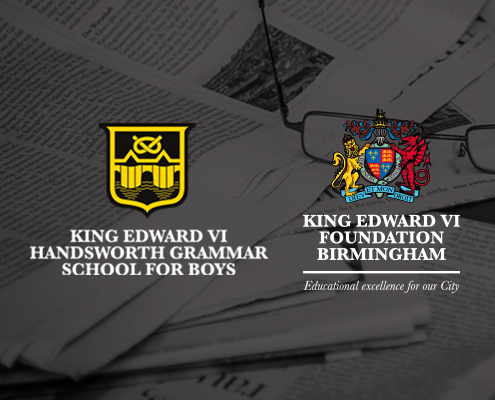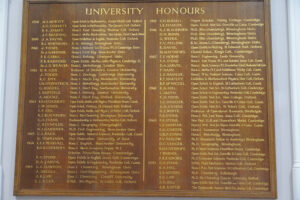Year 11 Visit to Sheffield Manor Lodge
On a crisp Thursday morning, Year 11 history students and teachers made a journey by coach to Sheffield, specifically, Sheffield Manor Lodge. We were able to make clay sculptures of the Manor, transcribe medieval text to modern language with a quill and explore the history and significance of the location through a timeline of the important events involved with the Manor. Even though, my clay sculpting skills were not great and using a quill became very messy, I still had a lot of fun by trying to be creative and adapt to the challenges! After scrubbing our hands clean of the clay, we made our way to the Turret house, where we could watch captivating videos about the Manor, learning about important figures like the Duke of Norfolk and, obviously, Mary Queen of Scots. Furthermore, we learnt information about the lavish meals Mary had and the vibrant clothes that the Duke and Duchess would dress in. We were even able to dress up in some of the costumes laid out there, creating combinations of clothing that resulted in hilarious outfits! The final cherry on the cake was a guided tour by the historian who wrote the book that convinced AQA, in the first place, to include the location in our curriculum: his name is David Templeton and he spent 14 years researching Sheffield Manor Lodge and the life of Mary, Queen of Scots. In the guided tour, Year 11 were able to learn about the great, red, Tutor brick towers that stood over the Manor and were shown pieces of infrastructure the held up the Manor after an astonishing 500 years! Mr. Templeton gave detailed insights into specific structures at the Manor like the gates guarded by soldiers and even the make-up of the porter’s lodge. I learnt a great deal of knowledge that I will not only take into my GCSE studies, but also remember in the future on the importance of location and the development of history.
Shrey Kapoor, 11H
Elizabethan England: From the birth of William Shakespeare to the death of Queen Elizabeth I, it is often depicted as a golden age in English History, which Year 11 students at HGS were lucky to experience on our visit to Sheffield Manor Lodge. Amongst other things this environment was also known as a prison for Mary Queen of Scots. The challenge for the hosts of the day was to keep Mary served and looked after as a monarch as well as keeping her prisoner. This visit gave us an interesting insight into this job which was undertaken by George and Elizabeth Talbot (6th Earl of Shrewsbury). We were also given a tour of the three-storey Turret House, which many believed Mary used to spectate the deer hunting that went on at the Lodge – the deer park was one of the biggest of its kind in England. Thank you to the staff who organised this interesting trip for us.
Haasin Ali, 11H
During our visit to Sheffield Manor lodge, we learnt how to write with a quill, moulded replicas of castles and were given a tour of the site. We visited the house where Mary, Queen of Scots stayed and went through the different floors, all with various activities, ranging from dressing up in Elizabethan clothes to analysing the food that they ate. To conclude our visit, we were given a tour of the grounds, led by Mr D. Templeton, who studied and wrote a book on Mary’s life. We went through the remains of the buildings that stood and the garden which an apothecary took herbs from to make medicine. Mary Queen of Scots had her own herbalist and this was a common practice in past times. Overall, I found the trip pretty interesting and enjoyed the activities that we did. Maximiliano Pasqualini, 11N



























